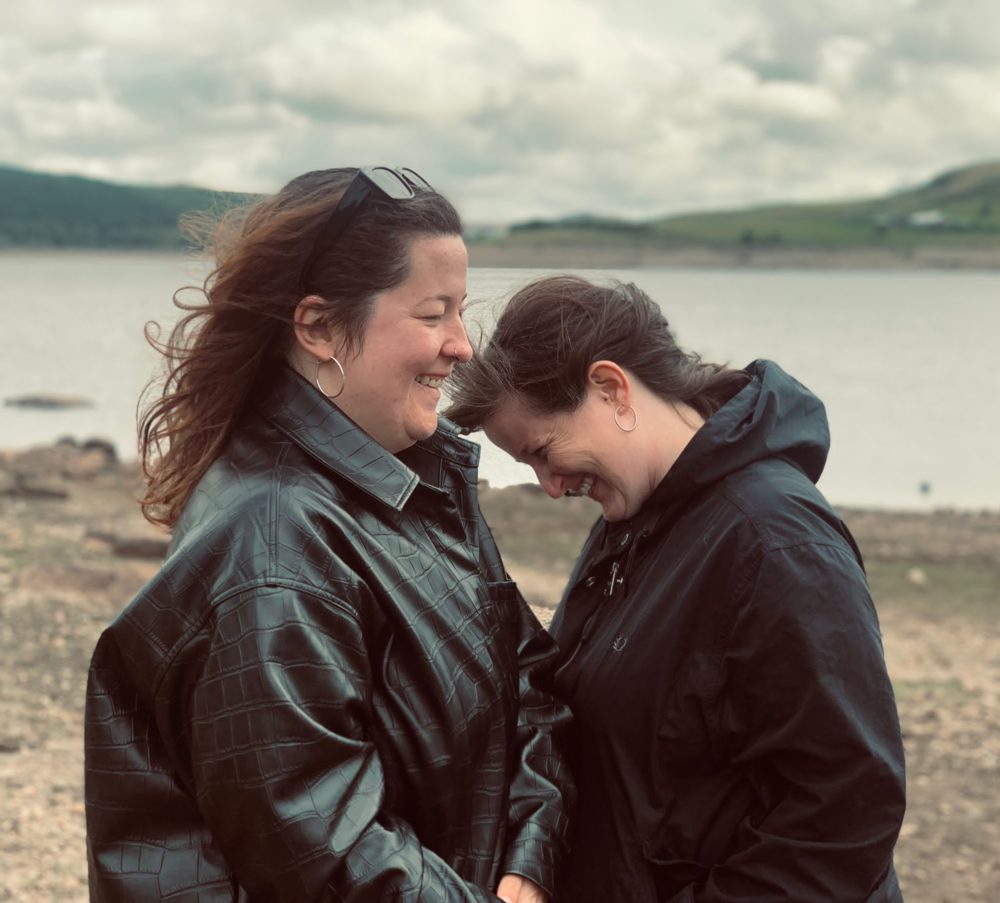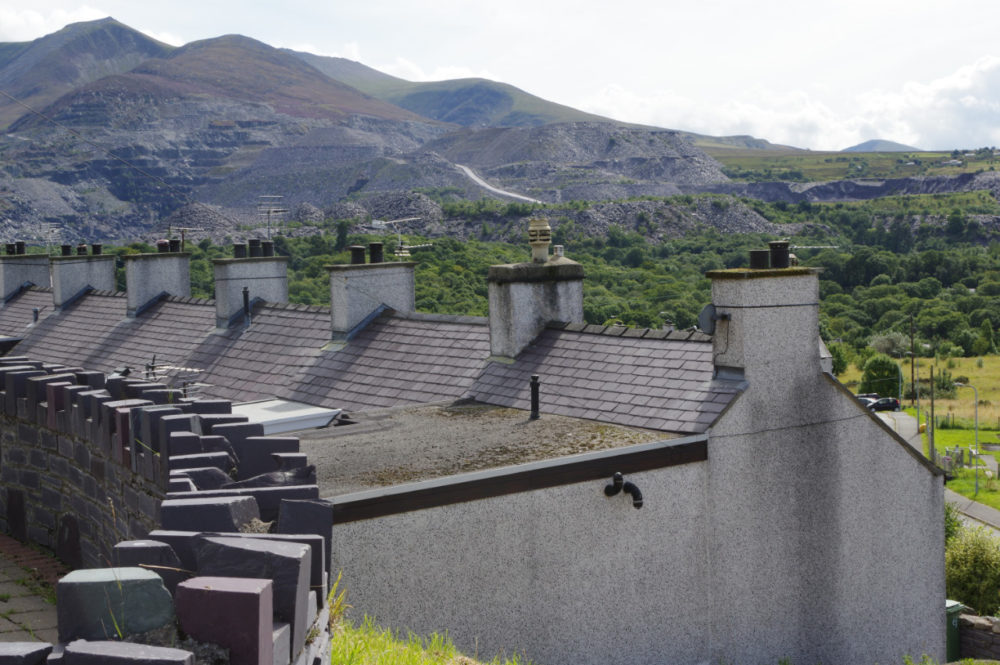‘Llais y Lle’ voices heard across Wales

As a new round of Llais y Lle funding begins, it’s a good time to look back at the first colourful year of this Arts Council for Wales programme.
When Llais y Lle (Voice of Place) was first launched in February 2023, the aim was to encourage the development of creative ways to use the Welsh language. Twelve months on nine projects have brought the language to life in original and innovative ways in communities across the country.
To secure funding applicants were asked to develop projects that worked creatively with communities focussing on the Welsh language to promote local ownership of it.
Einir Sion, Welsh Language Enabler at the Arts Council reflects on successes of the first twelve months of Llais y Lle. “This was the first time we looked to combine community work and promote the Welsh language in this way – the enthusiasm and the variety of work that has come out of all the projects has exceeded our expectations and has inspired individuals and communities across Wales.
“The diversity and level of creativity we’ve seen has been amazing. It’s great to have the opportunity now to look back at what they’ve achieved. From a festival to celebrate Carneddau ponies; to a scheme linking nature and legends in the Nantlle Valley; a study of the role of Welsh in the Butetown, Cardiff; to creative workshops for young people in Montgomery – with so many it’s almost impossible to articulate the highlights.”
One Llais y Lle projects which has created an impact is ‘We no longer talk’. This initiative brought communities from the north and south together to look at their relationship with the Welsh language through a creative lens. Led by Rhiannon White, Artistic Director at Common Wealth and artist Ffion Wyn Morris, the project looks to challenge assumptions about the Welsh language in both areas.
Access
The project is based on comparing how attitudes and access to the language differ based on social factors. Rhiannon and Ffion’s backgrounds on one hand are very similar.
Both were born and brought up on council estates, Ffion in Bethesda and Rhiannon in St Mellons, Cardiff. But, due to geography, politics and demography the two had very different relationships with the Welsh language.
Rhiannon doesn’t speak Welsh and Ffion is a first language speaker, their access – or lack of it – to the language depended entirely on where they were born.
Rhiannon explains that the principles which have driven ‘We no longer talk’ are ‘connection, empathy and curiosity’. By linking two communities, they wanted to promote understanding and create interest among people to learn more about the Welsh language, its history and what it means to speak it.

Rhiannon admits that before she started the work, she, like many of her Cardiff peers, believed that only middle-class people could speak Welsh and that they weren’t really affected by the same social challenges as she had faced growing up. So, visiting areas in the north and meeting people in those communities was a real eye-opener for her.
She said: “I didn’t think poverty affected Welsh-speakers – I had never heard the language spoken in Cardiff as a child. I had no idea communities like Bethesda existed – communities facing the exact same problems as under resourced communities, like where I grew up.
“Through a series of creative workshops, we had the opportunity to explore some of the themes that emerged in our conversations with the two communities, including the history of the Welsh language in different areas, and the challenges it has faced.
“Working with four artists and involving experts and historians gave us added insight as we created a collection of unique resources.
“Thanks to Llais y Lle and this project we have seen first-hand the challenges that the language and the people who speak it, particularly the working class, face today in places like Bethesda
“A lack of jobs and the cost of housing means places like this are losing their young people. This isn’t all they are losing – as place names are changed it creates a gap between an area’s history and its landscape and people’s understanding of their heritage and identity.”
Rhiannon adds: “I had no idea that there had been a struggle to preserve the language and to secure rights to use it in public life, and why the decline has been so dramatic in industrial areas of the south, and how similar factors were still at play in areas of the north.
“None of this was taught to us at school and almost as a result I wasn’t really interested in learning Welsh either.”
Culmination
With much of the engagement in both communities now complete, Rhiannon and Ffion are bringing everything together and looking at how to create a performance based on all the material they’ve gathered.
The culmination of ‘We no longer Talk’ will be the screening of a film they have created along with a Q&A session with the artists who have been involved.
“Our aim is to create something that tells our stories and to build on the things that are common between the two communities and the people who live there. And, importantly to challenge negative assumptions and perceptions ” explains Rhiannon. “Looking towards the future my hope is that we have created resources that will be relevant to any country or community which has an indigenous language under threat.”
Legacy
For Einir Sion ‘We No Longer Talk’ captures the reason why Llais y Lle was established in the first place. “Like many of the other projects, Rhiannon and Ffion have really explored a community’s relationship with the Welsh language and have managed to do it in a way which will create a legacy – this is important part of Llais y Lle.
Chatting to them shows the profound impact the work has had on them personally and also how it has changed attitudes towards the Welsh language – awakening a curiosity about the language and its history.”
With Llais y Lle 2023 drawing to a close and new projects for the 2024 programme will soon be developed and implemented.
The hope is again that by sharing experiences, learning and creativity that people can appreciate and consider language in relation to a community and ultimately play a part in raising awareness and creating a positive attitude to the Welsh language.
Support our Nation today
For the price of a cup of coffee a month you can help us create an independent, not-for-profit, national news service for the people of Wales, by the people of Wales.




